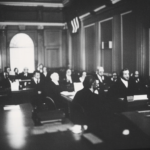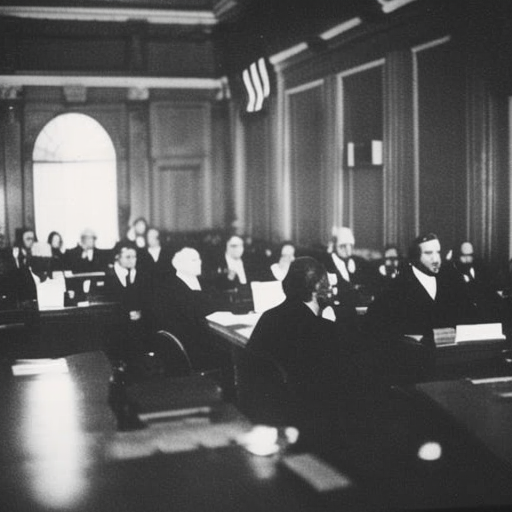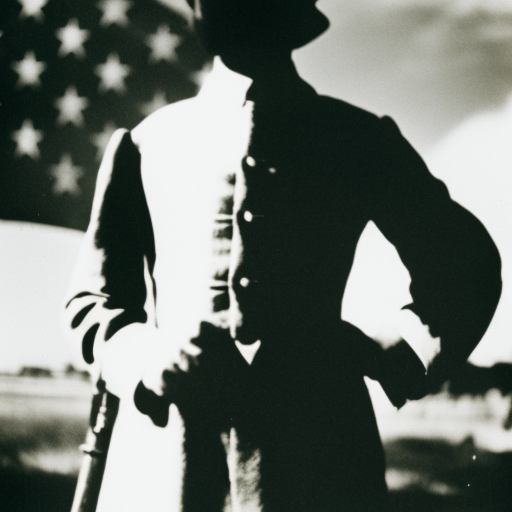The First Continental Congress (1774)
The First Continental Congress was a meeting of delegates from twelve of the thirteen British colonies in North America. It took place from September 5 to October 26, 1774, in Philadelphia, Pennsylvania. The purpose of the congress was to address the grievances of the colonies against the British government and to seek a peaceful resolution to the ongoing tensions.
Background: The colonies had been growing increasingly dissatisfied with British rule for several years. Issues such as taxation without representation, the presence of British troops, and the restriction of colonial trade had fueled resentment among the colonists. The passage of the Intolerable Acts in response to the Boston Tea Party further escalated tensions and led to the convening of the First Continental Congress.
Delegates and Representation: Fifty-six delegates attended the First Continental Congress, representing twelve of the thirteen colonies. Georgia was the only colony that did not send delegates. Notable delegates included George Washington, John Adams, Samuel Adams, and Patrick Henry. The delegates were chosen by their respective colonial assemblies and were often prominent political figures in their communities.
Key Objectives: The main objectives of the First Continental Congress were to address the grievances of the colonies, assert their rights as British subjects, and seek a peaceful resolution to the conflict with Britain. The delegates aimed to restore the rights and liberties they believed were being violated by the British government.
Deliberations and Actions: During the congress, the delegates engaged in intense debates and discussions. They drafted a series of resolutions and petitions to present to the British government. The congress adopted the Suffolk Resolves, which called for the boycott of British goods and the formation of colonial militias. They also established the Continental Association, which organized the enforcement of the boycott and encouraged the production of American-made goods.
Addressing Grievances: The delegates expressed their grievances through the creation of the Declaration of Rights and Grievances. This document outlined the colonists’ objections to British policies and asserted their rights as British subjects. It emphasized the importance of colonial self-government and the need for fair representation in the British Parliament.
Appeal to King George III: The congress sent a petition to King George III, known as the Olive Branch Petition, in an attempt to reconcile with the British government. The petition expressed loyalty to the king but also called for the repeal of oppressive measures. However, the king rejected the petition and declared the colonies to be in a state of rebellion.
Legacy: The First Continental Congress marked a significant step towards colonial unity and resistance against British rule. It laid the groundwork for future congresses and ultimately led to the American Revolution. The congress demonstrated the colonists’ determination to defend their rights and liberties, setting the stage for the formation of the Continental Army and the eventual declaration of independence.
In conclusion, the First Continental Congress was a crucial event in the lead-up to the American Revolution. It brought together delegates from twelve of the thirteen colonies to address grievances, assert rights, and seek a peaceful resolution to the conflict with Britain. The congress resulted in the adoption of resolutions, the establishment of the Continental Association, and the drafting of the Declaration of Rights and Grievances. While the Olive Branch Petition was rejected by King George III, the congress laid the foundation for future actions that would ultimately lead to American independence.












